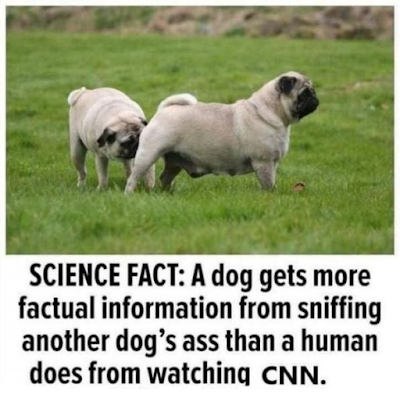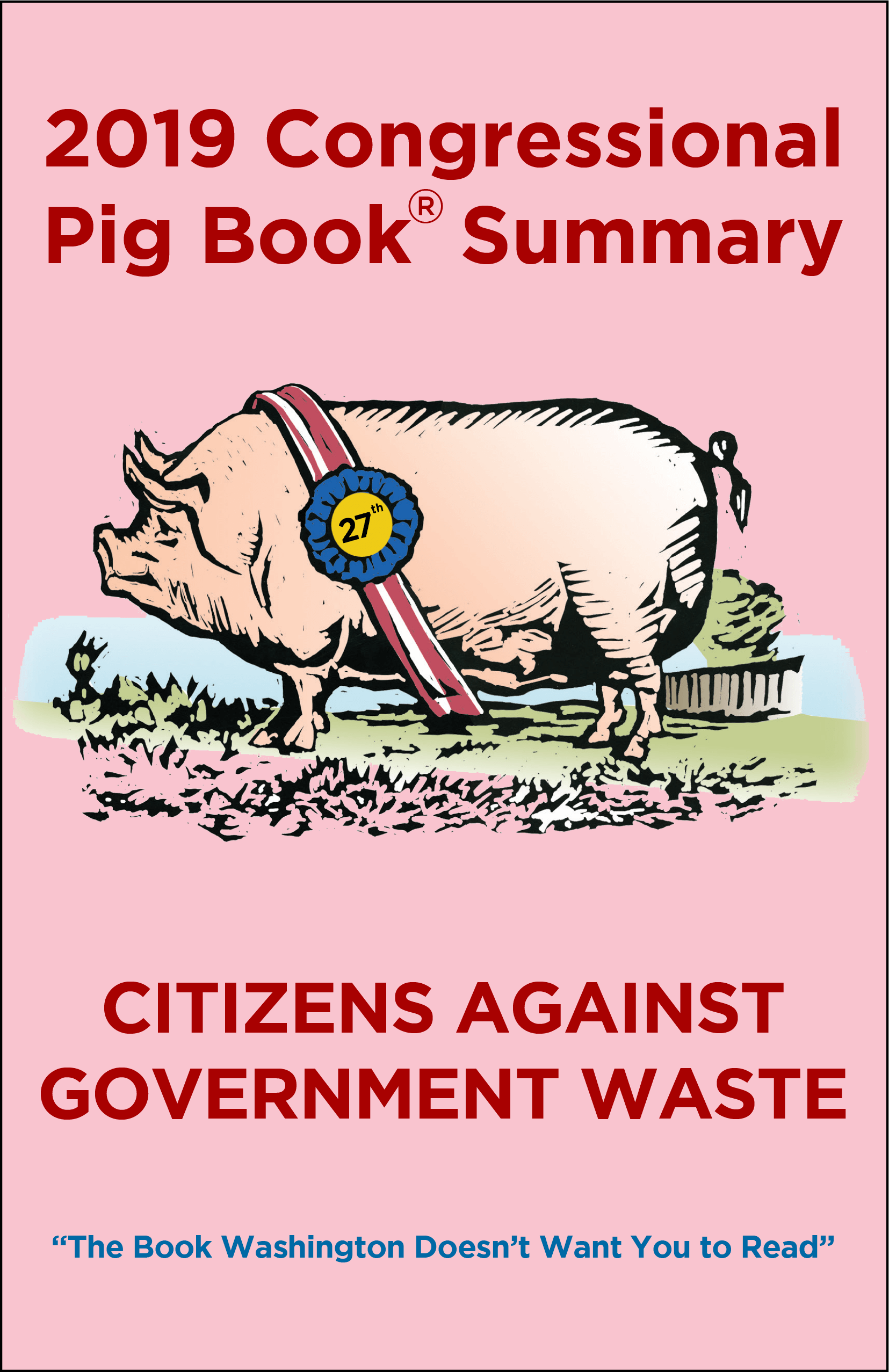 Does he or is he more often than not correct?
Does he or is he more often than not correct?
The phrase fake news itself is young, and Trump’s abilities may be unique, but the fact that he is spinning language to his advantage is nothing new.
In other words, calling something fake news implies that it isn’t news at all.
“It is done to serve interests at odds with the public good.
It also undermines the credibility of real news sources, that is, the press. Seriously?
Therefore it makes it harder for the press to serve the public good by revealing truths.
How often does it try?
Recently, author George Saunders painted a picture of that gap:
“Intellectually and emotionally weakened by years of steadily degraded public discourse, we are now two separate ideological countries, LeftLand and RightLand, speaking different languages, the lines between us down.
Fake news is not at all like the United States Supreme Court ruled on obscenity or pornography, ‘ you know it when you see it,” it is far more insidious in that the average reader is just not that discerning. (Source)
Not only do our two subcountries reason differently; they draw upon non-intersecting data sets and access entirely different mythological systems.”
If it is indeed true that the term fake news has come to mean something different for a conservative than a liberal, it could be one more sign that the LeftLandian and RightLandian languages — and the people who speak them — have moved one more inch apart, into increasingly different realities.
H/T. NPR
Friday night, President Trump took to Twitter to deliver one of his favorite insults to journalists: “The FAKE NEWS media (failing @nytimes, @NBCNews, @ABC, @CBS, @CNN) is not my enemy, it is the enemy of the American People!” he wrote.
What could possibly be wrong with that statement?
When did America become the former Soviet Union with the combined audiences of the outlets above eclipsing that of FOX News which the left castigates as being right-wing?
President Trump’s Tweets, Annotated
Now, Trump casts all unfavorable news coverage as fake news. In one tweet, he even went so far as to say that “any negative polls are fake news.” And many of his supporters have picked up and run with his new definition.
The ability to reshape language, even a little, is an awesome power to have.
According to language experts on both sides of the aisle, the rebranding of fake news could be a genuine threat to democracy.
See the entire article below.
Fake does not have the primary function, but is intended to deceive you into thinking that it does have that function, and hence to serve the secondary function. A fake gun won’t shoot, but if you are deceived into thinking it is real, it can intimidate you.”
A fake gun won’t shoot, but if you are deceived into thinking it is real, it can intimidate you.”
News’ primary function is to not be fake; its to pass along factual information that serves the public good, and the people who create it intend it to be factual and to serve the public good.
How often is that the case particularly since Donald J. Trump became President of the United States?
When Trump calls news fake, then, that word implies that the news isn’t serving its basic purposes: It means that the story is intended to serve something other than the public good, and that the author intended to falsify the story.
How Trump tries changing what fake news means
Technology has been a big aid in Trump’s quest to redefine fake news. With the help of Twitter and Facebook, language is, arguably, slipperier than ever.
With the help of Twitter and Facebook, language is, arguably, slipperier than ever.
“The speed of language adoption has never been as fast as it is now, and part of that is because of social media and the ability to touch people wherever they are, whenever you want, with no limits,” said Frank Luntz, a Republican strategist who has helped the GOP choose the words it uses to sell its policies.
On top of that, Trump had a receptive crowd to begin with: Republicans in particular, along with some independents, hold journalists in low regard, according to several polls.
According to Luntz, though, it took Trump’s political skills to capitalize on those trends.
“I’ve never seen anyone in politics with the potential communication capability of Donald Trump,” said Luntz. He added, “He’s certainly not a unifier, but boy is he powerful and is he credible to a segment of the population that feels forgotten and left behind.”
Can he be with the obstreperous congressional leftists, professors and media dragging virtually everything he says or does through their myopic meat grinder?
Trump also arguably picked a great phrase to take advantage of: one that was both young (so perhaps more malleable) and powerful.
The phrase “fake news” originally telegraphed a sense of danger about nefarious types intentionally sowing lies to influence the election.
When Trump calls an unfavorable poll “fake news,” he’s borrowing some of the phrase’s original power, even as he dilutes that power by reusing the phrase.
The speed with which Trump’s messaging ricochets around the Internet worries Luntz, who fears that there is no accountability; technology helps unfiltered (and unchecked) ideas to spread quickly.
That means that a phrase can be redefined in an entirely new way “within a matter of weeks,” he said.
“In the case of fake news, the problem is that we are actually undermining the core principles of a democracy,” he added, echoing Lakoff.
“If you think about rhetorical strategies — and I think it’s something that Trump has been very good at — I think this is something that has happened time and again during presidencies,” said Adam Berinsky, a political science professor at MIT, pointing to the ongoing tug of war during Barack Obama’s presidency over what to call health care overhaul.
“Did we call health care reform ‘ACA’ or ‘Obamacare’?” Berinsky said. “Similarly, Donald Trump being able to take the term fake news and turn it into basically an epithet for any media he doesn’t like — it’s a very effective strategy.”
“So it’s a new development, but it’s a very familiar pattern,” he concluded.
The definition changed … but only for some people
Trump has not succeeded at changing the definition of fake news for everyone. Google the phrase or search it on Twitter, and it is used in two ways (sarcastic uses aside). One is the original sense. The other is to slam mainstream media organizations, often on behalf of right-leaning organizations.
Google the phrase or search it on Twitter, and it is used in two ways (sarcastic uses aside). One is the original sense. The other is to slam mainstream media organizations, often on behalf of right-leaning organizations.
One language for the right; another, for the left
It’s not normally news when language shifts meanings, when the definitions of words like “decimate” or “literally” start to soften.
Few (aside from copy editors and dictionary publishers) would call it a crisis.
But with fake news there are serious potential problems, problems that go even beyond disputes over what is fact and what is fiction.
The shifting definition of fake news may be a sign of a broader gap between right and left.































































When it comes to “news,” which slant is more correct – left or right. It seems that the art of journalism (and I use the term loosely) has become a challenge to see who can sell the most rag or get the highest rating. How do we know what is real? Will we ever know? For the average person I would say that we will never know what is real. It takes far too much time to research multiple sources and discern reality and truthfulness. The only one I know who takes the time to do so is our host here, Jim.
Most of us will choose our source of “news” based on our own biases and agreeing with what we hear wether it is factual or not. I guess we should go with what makes us feel good!
Thanks for bringing this up, Jim.
LikeLike
Thanks General for the excellent comment, J.C.
LikeLike
The American People have been lied to so often and so long by the Main Stream Media (MSM) that they are now in shock that they have been all actually believed the MSM lies. WTF?
The MSM has doubled down on their lying thinking if they continue to tell lies about Trump they can regain the People’s Trust. How Sad and How Stupid.
The MSM continues to fabricate “Poll Numbers” which we all know are lies. Then the MSM repeats the lies over and over thinking if they repeat a lie enough times people will believe them.
Hillary is doing the same thing – these people are out of their minds.
Now the Russian claims which everyone knows are false – even the MEM and Democrats. BUY, the “investigation” continues based on lies from unknown sources.
The deranged Democrats need to join the team and help America!
LikeLike